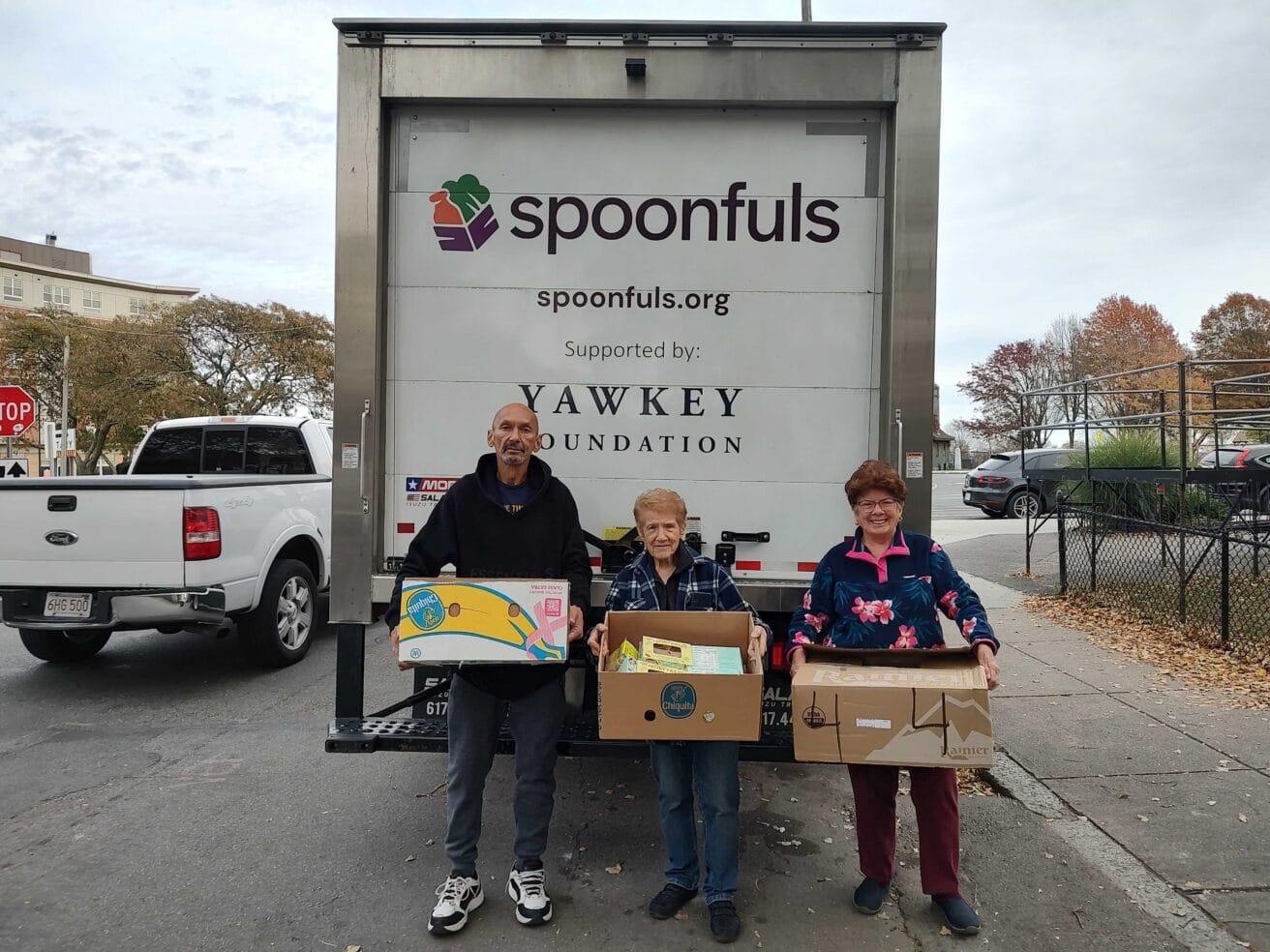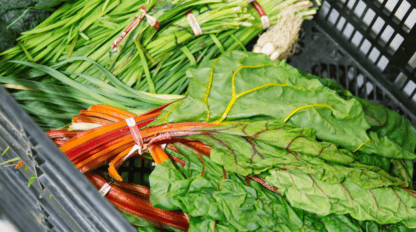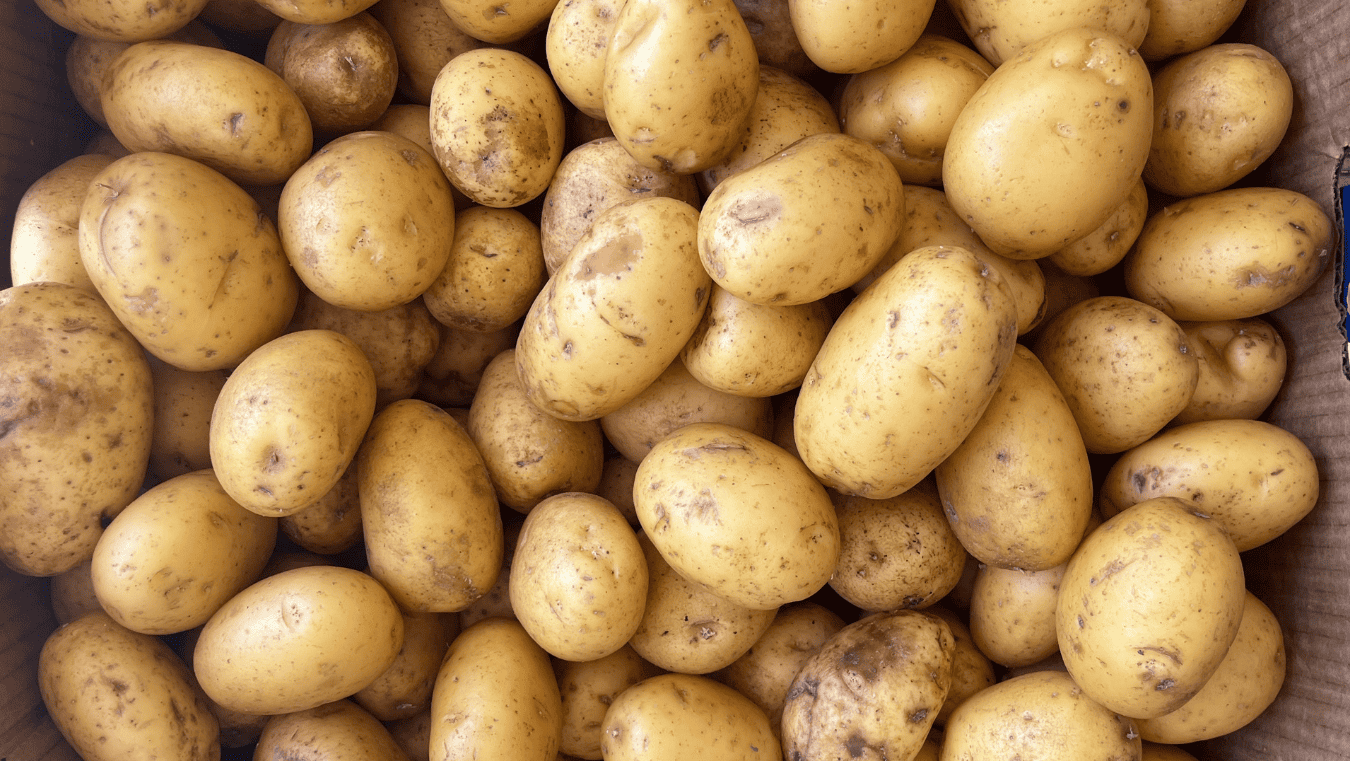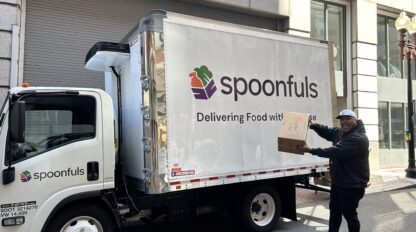How food recovery fits – during a crisis and every day

Post the longest government shutdown in history and co-occurring hits to SNAP, the calls keep coming. There are calls from partners looking for more food for their programs, calls from food programs looking to partner with Spoonfuls for the very first time, calls from press wondering what it’s like to be on the frontlines of an urgent response, calls from people wanting to do something (anything) to support neighbors in need, and, the toughest ones, calls from those neighbors who are hungry. In times of acute crisis, making better use of already existing food resources – food recovery like what we do at Spoonfuls – rises to the surface of people’s consciousness as something useful, important, even critical.
We were built for these moments and positioned to do exactly what we’re doing now, ensuring good food doesn’t go to waste as long as people need it. But what we’re doing now is what we do the rest of the year, too! Food recovery, in other words, always plays an important and unique role in supplying food for those who need it.
Food recovery alongside other kinds of food programs
Different kinds of food programs serve different purposes within our food system. Gleaners work to ensure food from farms is harvested. Food banks collect (and often purchase) large quantities of food, much of it shelf-stable, which they later distribute to pantries and other food programs. Pantries and meal programs are direct service providers.
As for Spoonfuls? We partner with all of these kinds of food programs! We focus on sourcing mostly fresh food like produce, meat, and dairy from retailers, brands, and others. And we distribute that food, same day, to pantries, meal programs, afterschool programs, shelters, senior centers, and more that have an immediate need for it.
Food recovery from farms
Farmers grow and harvest food to sell it. For a variety of reasons, though, sometimes that doesn’t happen. When our farm partners find themselves with food they haven’t been able to sell at market, Spoonfuls intercepts those still-good perishable foods before they perish. The effort, time, money, and natural resources it took to grow and harvest food wasn’t for nothing! Even though the farmer may not have turned a profit, they also aren’t on the hook for composting or otherwise disposing of that unused food — which would have come at a cost.
Food recovery from wholesalers
Here, too, despite a wholesaler’s best efforts, there is sometimes excess. A restaurant may change their usual order, leaving the wholesaler with more than they expected. Or the beautiful apples they had ordered for a client may have bruised slightly during transport, and now, while still perfectly good to eat, they don’t meet the quality standards of the client.
So while they may not have customers willing to purchase this food, emergency food programs in our network can put it to good use, both in those moments when hunger is making headlines and when it isn’t but people are still hungry.
Watch this video for a behind the scenes look at Spoonfuls recovering excess food from one of our wholesale partners, Sid Wainer & Sons.
Food recovery from retailers and brands
Spoonfuls recovers the bulk of the food we distribute from grocery stores, the same places many of us shop. Those stores stock up according to consumer preferences and demand, and what’s left for Spoonfuls to recover is often a reflection of it, too. We see the slightly bruised fruit and the “made fresh daily” items when the day is done. We also see older items replaced with newer ones when the only distinguishable difference is a date label. We see misdelivered items (think: a grocer receives a shipment of milk bearing another store’s label). And sometimes, stores receive deliveries with manufacturer mistakes where the imperfections are purely cosmetic – like this peanut butter jar with an upside-down label.

And often, we see just plain extra, like when there are unexpectedly fewer shoppers in a week to purchase the inventory a store has ordered. This scenario is what our team saw recently, thanks to the shutdown and SNAP lapse, with some of our retail partners reporting that they were down their usual profits and up all the excess.
On the Organics Waste Ban
Besides being a way to ensure perfectly edible food reaches people, a food recovery partnership is a business-savvy solution, too. Since most of the businesses we work with are subject to Massachusetts’ Organics Waste Ban, they’re also on the hook to divert food from landfills. Working with Spoonfuls, they’re able to comply with their requirements under the ban and curb costs associated with composting, waste hauling, and anaerobic digestion.
Meeting the moment – whatever the moment
No question, the federal government shutdown and SNAP lapse have sent ripple effects through our food system. Even with benefits restored, though, we know our neighbors will face continued hardship next year and beyond thanks to the roll-out of SNAP program changes under the “big” bill. We know changes that have already gone into effect are resulting in less people qualifying for SNAP. The ones we’re waiting on? They are likely to result in a reduced benefits for those who still qualify.
Spoonfuls will continue to be, as we’ve always been, a safety net for the safety net.


